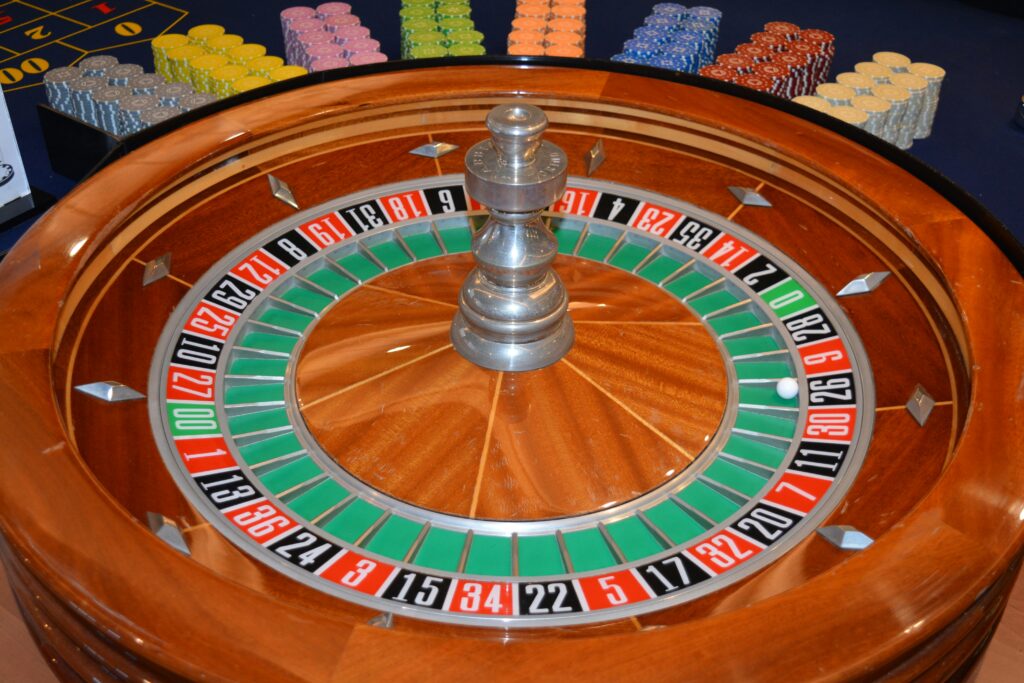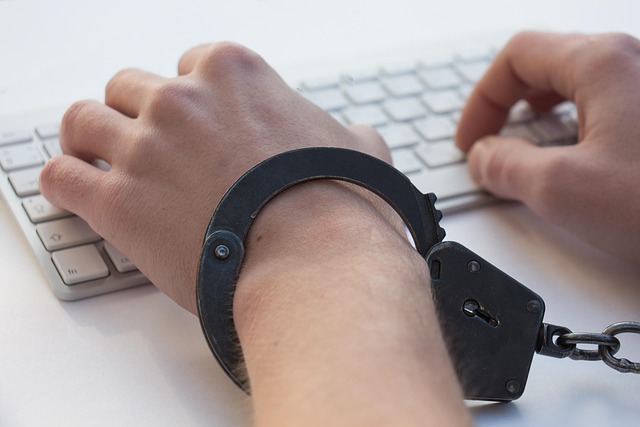Why Responsible Gambling Matters
Let’s be honest: gambling can be fun. The rush of a near-win, the buzz of putting a little money on the line—it’s a thrill. But that excitement comes with a flip side. The moment the fun starts costing more than just cash—mental stress, time, relationships—it’s no longer entertainment. It’s a problem.
The line between casual play and destructive behavior can sneak up on you. One more spin. One more bet. That creeping feeling that you need to win back what you lost? That’s how things get out of hand. And the house always has an edge—it’s not personal, it’s just math.
Here’s the smarter play: stay in control. Set rules before you start. Stick to limits. Know when to call it. Responsible gambling isn’t just safer—it’s more satisfying. When you’re the one calling the shots, each choice counts. No drama. No chaos. Just clear-eyed, sharp play—the way it should be.
Tip 1: Set a Budget and Stick to It
Know Your Limits Before You Play
One of the most important steps in responsible gambling is deciding—upfront—what you can afford to lose. This isn’t about planning to lose, it’s about setting clear financial boundaries.
- Only gamble with money that isn’t allocated to bills, savings, or daily living expenses
- Treat it like entertainment spending, not income generation
- Once your budget is spent, walk away—win or lose
The Danger of Chasing Losses
Trying to recover losses by gambling more is one of the fastest ways to spiral out of control.
- Chasing losses often leads to larger, more reckless bets
- It fuels frustration and impulsive decision-making
- Remember: every bet is an independent event—past outcomes don’t influence future ones
Track Every Dollar
Just like any budget, tracking your habits creates awareness and clarity. There are plenty of simple tools that can help:
- Use apps that let you log your gambling activity in real-time
- Build a spreadsheet to monitor spending weekly or monthly
- Take advantage of built-in budgeting features or limit-setting tools on gambling sites
Staying aware of your budget keeps you in control. And control is the foundation of responsible play.
Tip 2: Time Limits Are Non-Negotiable
Staying in control starts with managing your time. Even the most seasoned players can fall into a cycle of poor decisions after too long at the tables—or in front of a screen. Gambling fatigue is real, and it clouds your judgment.
Why Time Limits Matter
- Long sessions lead to impulsive bets and emotional decisions
- Fatigue reduces your ability to evaluate risks properly
- Taking breaks keeps your mindset sharp and focused
Set a Timer and Stick to It
- Use alarms or app timers to cap your session lengths
- Plan breaks before you start—not after you’re already playing
- Step away from the game even if you’re winning—it’s about balance, not just loss-control
Fill Your Free Time with Non-Gambling Activities
- When gambling becomes your only pastime, it turns into a problem
- Make time for hobbies that don’t involve money—reading, exercising, or spending time with friends
- The healthiest gamblers know how to unplug and enjoy life offline
One of the strongest habits you can build is walking away before the problem starts. Time limits aren’t restrictions—they’re smart strategies that protect your well-being.
Tip 3: Know the Odds—And Accept Them
Every casino game has a built-in edge. That means the house is always tilted slightly in its own favor—whether it’s blackjack, roulette, or a shiny new slot machine. It’s not rigged; it’s just math. The longer you play, the more the odds work against you.
Now, skill does play a role—but only in certain games. Poker? Yes. Blackjack? To a point. But slots or roulette? That’s pure luck. Don’t fool yourself into thinking you can strategize your way into a jackpot with a spin of the wheel.
And let’s kill the myth of the “hot streak.” Just because you’ve won three hands in a row doesn’t mean you’re on fire. Each round is isolated. Wins don’t magically influence future outcomes. Believing otherwise leads to overconfidence—and usually, losses.
Bottom line: know the rules, understand where luck ends and skill begins, and never count on superstition to carry you.
Tip 4: Keep Your Head Out of the Cloud
Stay Mentally Sharp
The state of your mind plays a critical role in responsible gambling. Tired, emotional, or impaired decision-making leads to costly, often regrettable choices. If you’re not mentally clear, it’s not the right time to play.
- Avoid gambling when you’re exhausted or emotionally overwhelmed
- Don’t mix alcohol or substances with gambling—they distort reality
- Take a break if your mood is off or you’re feeling anxious
Why Emotion Clouds Judgment
Gambling decisions made in a reactive state are rarely smart ones. Whether it’s chasing a loss in frustration or impulsively betting big to ‘feel better’, emotional gambling increases risk—and stress.
- Emotional betting ignores logic and odds
- You’re more likely to chase losses or over-bet
- It can lead to a cycle of guilt and more gambling
Best Bet: A Clear Head
Your greatest asset at the table—or on the screen—is a focused, rational mindset. If you’re not feeling centered, walk away. No game is worth a compromised state of mind.
- Only gamble when you’re calm, alert, and in control
- Sleep, nutrition, and hydration all affect decision-making
- Responsible play starts with mental clarity
Tip 5: Don’t Mix Money and Emotion
Money management is one of the most critical elements of responsible gambling. The moment financial stress enters the picture, the fun quickly disappears. To stay in control, protect your essential funds and establish clear boundaries between everyday expenses and gambling money.
Keep Necessities Off the Table
Never gamble with money set aside for essentials such as:
- Rent or mortgage payments
- Bills (utilities, internet, phone, etc.)
- Groceries and household needs
- Transportation or medical expenses
Treat gambling funds like entertainment expenses—once it’s spent, it’s gone.
Create Financial Boundaries
To make the division crystal clear:
- Use e-wallets or prepaid cards dedicated solely to gaming
- Set weekly or monthly transfer limits for gambling-related accounts
- Track deposits and spending through separate banking or tracking apps
These steps reduce the risk of impulse decisions and help you maintain a healthy perspective.
Pay Attention to the Emotional Toll
If gambling begins to cause anxiety or financial stress, it’s a clear signal to reevaluate:
- Do you feel guilt or worry after playing?
- Are you trying to win back essential funds?
- Is financial stress spilling into other parts of your life?
If yes, it’s time to pause. Stress and shame are signals—not just side effects. Step back, reassess, and reach out if needed.
Playing with a clear, disciplined mindset helps keep gambling enjoyable—and sustainable.
Tip 6: Watch for Warning Signs
Gambling stops being a hobby the moment it feels like a need. If you’re only playing to escape stress, fix a bad mood, or chase the next payoff, that’s not entertainment—it’s dependence. The fun fades when you can’t stop thinking about your next wager.
There are a few red flags that should snap you to attention. Are you hiding losses? Lying about how much you’ve spent? Borrowing money to keep going? Constantly chasing those near-miss wins? These behaviors aren’t just common—they’re signals that you’re tipping into risky territory.
Mental strain is another warning sign. If gambling starts to cause guilt, anxiety, or affects your sleep and focus, that’s your cue. Take it seriously. Check in with yourself—or better yet, talk to someone. The sooner you acknowledge the problem, the easier it is to fix. Early action beats damage control every time.
Tip 7: Use the Tools Available
Sometimes the best move is to walk away—temporarily or for good. That’s where self-exclusion programs come in. Most licensed gambling sites now offer ways to freeze your account for a set period. No logins. No wagers. Just time off to reset. It’s not defeat—it’s strategy.
On top of that, gambling-blocking software like Gamban or BetBlocker adds another layer. These tools block access to gambling sites entirely, across devices. They’re effective, easy to set up, and designed for people serious about drawing a line.
Also, don’t ignore what’s already built into many platforms. Time-based limits, deposit caps, loss ceilings—set them before you need them. They won’t kill the fun. They amplify it by keeping things in control. Think firewall, not buzzkill.
If you’re serious about balance, these tools are non-negotiable. They’re not crutches. They’re part of the gear.
Tip 8: Keep the Social Side Real
Gambling is supposed to be a hobby, not a reason to ghost your friends or dodge family dinners. If your play starts pulling you into isolation, that’s a red flag—not a badge of dedication. Staying connected keeps things real. Talk to the people you trust. Share your limits and let them hold you to them.
You don’t have to go it alone. Online communities focused on responsible gambling are growing fast. These are places where you can swap stories, keep perspective, and get support without the judgment. Accountability matters, and so does feeling understood.
Read more at Bet Vlog Hub for real talk, smart tips, and connection. Responsible gambling isn’t about doing everything solo—it’s about staying in control, with people in your corner.
Final Word: Know When to Walk Away
Here’s the truth: the best players aren’t the ones who win big—they’re the ones who know when to quit. Walking away isn’t weakness. It’s awareness. Control matters more than chasing some flashy jackpot. If you can shut it down when you’re ahead—or when the fun stops—you’ve already won.
This isn’t about cash. It’s about clarity. Responsible gambling means staying in charge of your time, your money, and your headspace. When the line between leisure and obsession starts to blur, that’s when you need to pull back.
Gambling should add something to your life: energy, excitement, and maybe a good story. It should never drain your time, finances, or peace of mind. So make your play, enjoy it—but always know how and when to call it. No drama. Just discipline.


 Victoria specializes in exploring the intersection of technology and betting. At BetVlogHub she crafts in-depth articles that highlight how digital tools, platforms, and AI are shaping the future of the betting industry, making her a trusted voice in the community.
Victoria specializes in exploring the intersection of technology and betting. At BetVlogHub she crafts in-depth articles that highlight how digital tools, platforms, and AI are shaping the future of the betting industry, making her a trusted voice in the community.

